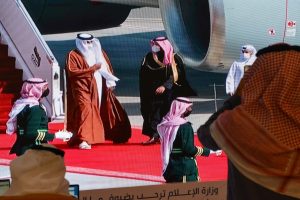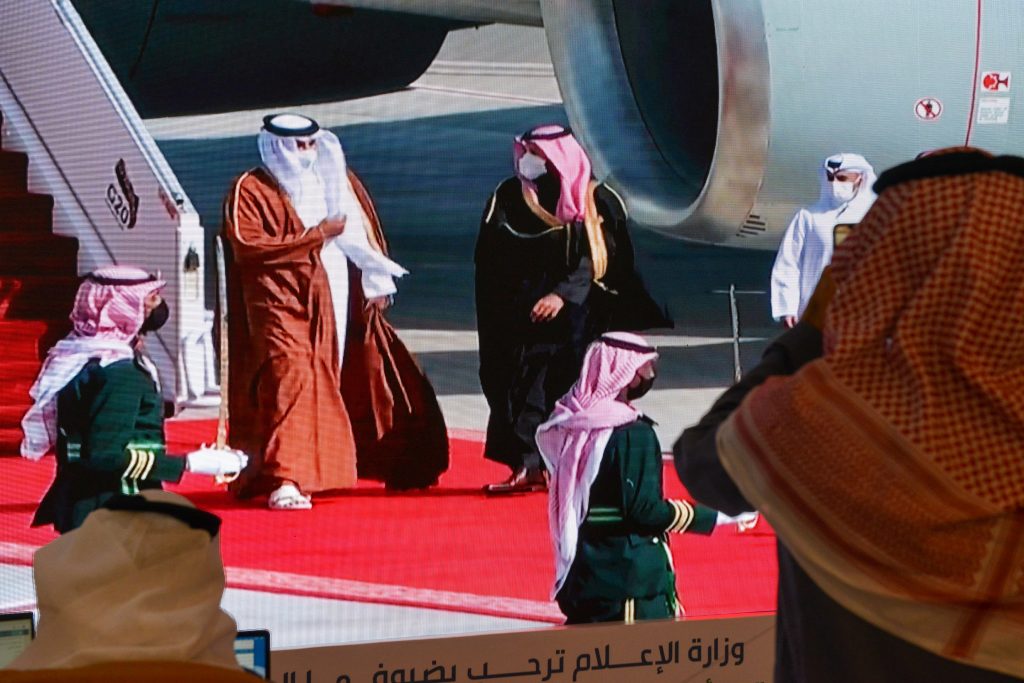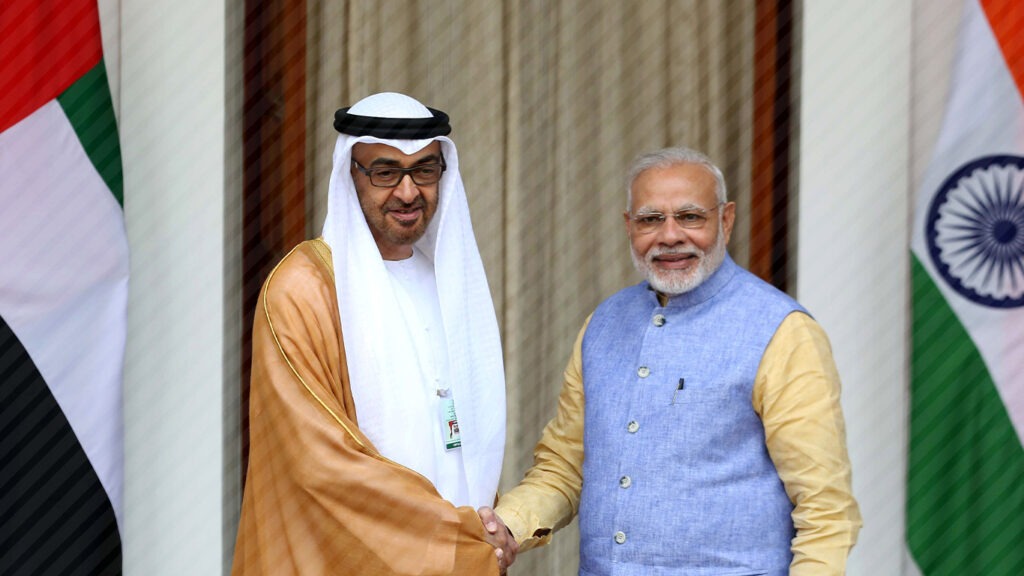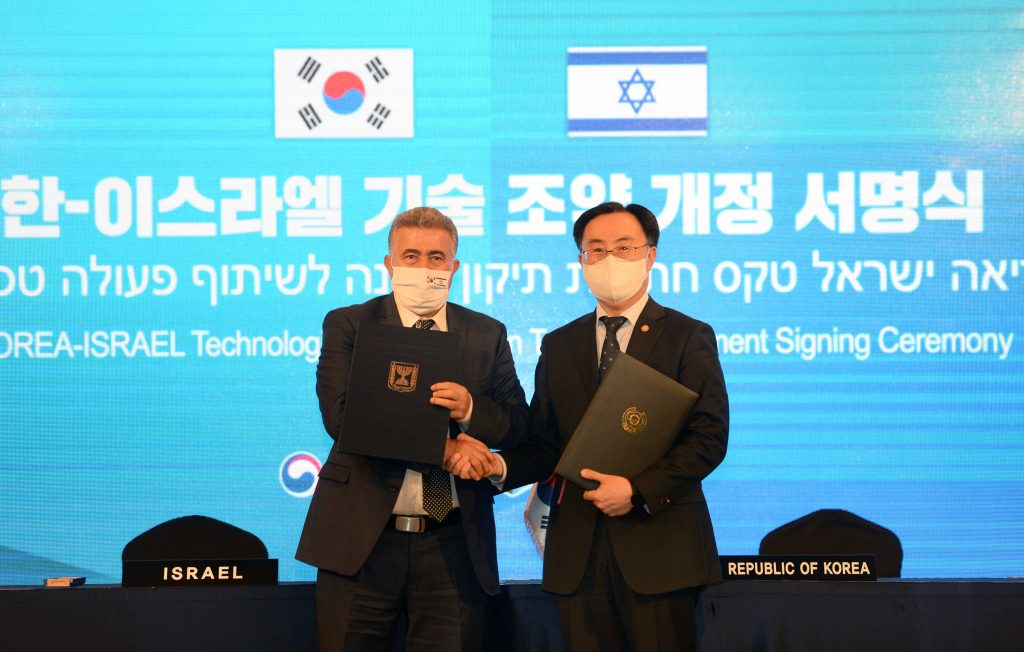This Insights series aims at uncovering the various pathways to diversification that Qatar has undertaken during and after the blockade imposed on it by Saudi Arabia, the United Arab Emirates, Egypt and Bahrain in June 2017. “Diversification” is not confined to economic aspects: Qatar’s search for new security and diplomatic partnerships, while deepening existing bilateral ties with countries such as Iran and Turkey, are equally worthy of study. These ties are testament to Doha’s hyperactive diplomacy.

After the Al-Ula summit earlier this year, which saw a public embrace between Saudi Crown Prince Mohammad bin Salman and Qatari Emir Sheikh Tamim bin Hamad end the blockade, a key question is how fences will be mended beyond cosmetics.
Just as Doha sought arbitration from relevant international bodies during the blockade, it has striven for a bigger role in the rules-based international order after rapprochement. One such instance is Qatar’s ability to persuade the International Civil Aviation Organisation (ICAO) to delineate a new Doha Flight Information Region (FIR) that will allow Qatar control of air traffic over its own and parts of its neighbours’ airspace, which had been controlled by Bahrain since independence. In which other areas will Doha deepen its engagement – and with which agencies? Further, Doha has offered to mediate between different sets of parties: Tehran and Washington; the Afghan government and the Taliban. What is Qatar’s motivation?
The diversification drive extends to the security arena. Since the realignment of regional threat perceptions in 2017, both Turkey and Qatar have deepened bilateral defence relations. Beyond the deployment of military forces, Ankara has supplied Doha with military technology and a joint warfare command and control centre. As Qatar undertakes rapid military expansion, other countries, including Russia and China, have pushed to sell weaponry to the emirate. Where does Doha stand in the debate on military capability versus capacity? Will these “newer” security partnerships be dialled down after Gulf rapprochement?
Economically, too, Qatar is shuffling the deck. In 2016, before the blockade, Qatar’s investments in Riyadh amounted to US$7.5 billion; a year later, they plunged to US$1.4 billion in 2017. But Qatar more than made up for this, approving a draft law allowing 100 per cent ownership by foreign companies. Will Doha alter its open foreign investment policy after Gulf reconciliation? Will there be more competition with neighbouring states? Important questions could also be asked of Qatar’s ambitions for its Liquefied Natural Gas (LNG) sector. Has Doha revitalised energy diplomacy with new partnerships? Will a hydrogen economy be a medium- or long-term plan? Where trade routes are concerned, how have Doha’s shipping lines and its production base evolved since the blockade years? What of Hamad Port, particularly since competition in this arena is heating up — Sohar, Dammam, Jebel Ali, to name a few, have all ramped up capacity?
Finally, writers could also explore the social implications of diversification, particularly through the lens of a stronger national identity — a goal shared by Qatar’s Arab neighbours, with mixed results.
Submission topics include, but need not be confined to:
- Geopolitics: Is regional unity perpetually fragile? Has Doha identified reliable extra-regional actors? How will Qatar manage its relationships with Turkey and Iran in the foreseeable future?
- Multilateralism: Qatar’s quest to ensure that others would have a stake in its security involves bidding for bigger roles in the rules-based international order. But its track record in dispute resolution and other aspects has been mixed. Is Qatar a reliable intermediary?
- Port development and the diversification of trade routes;
- Food security, procurement and management of capital-intensive food supply chains;
- Upscaling LNG infrastructure and prospects for a hydrogen economy;
- Security cooperation (strengthening existing partnerships and broadening of ties with “newer” partners);
- Accelerated nationalism.
We are inviting interested persons to submit proposals (not more than 250 words) clearly outlining their main arguments, in either prose or point form, or both. These should reach us by 23 August 2021.
Successful proposals will then be given a second deadline for full paper submissions (2,000-3,000 words, excluding footnotes). If you have further queries, please email the series editor: Dr Clemens Chay / clemens.chay@nus.edu.sg




